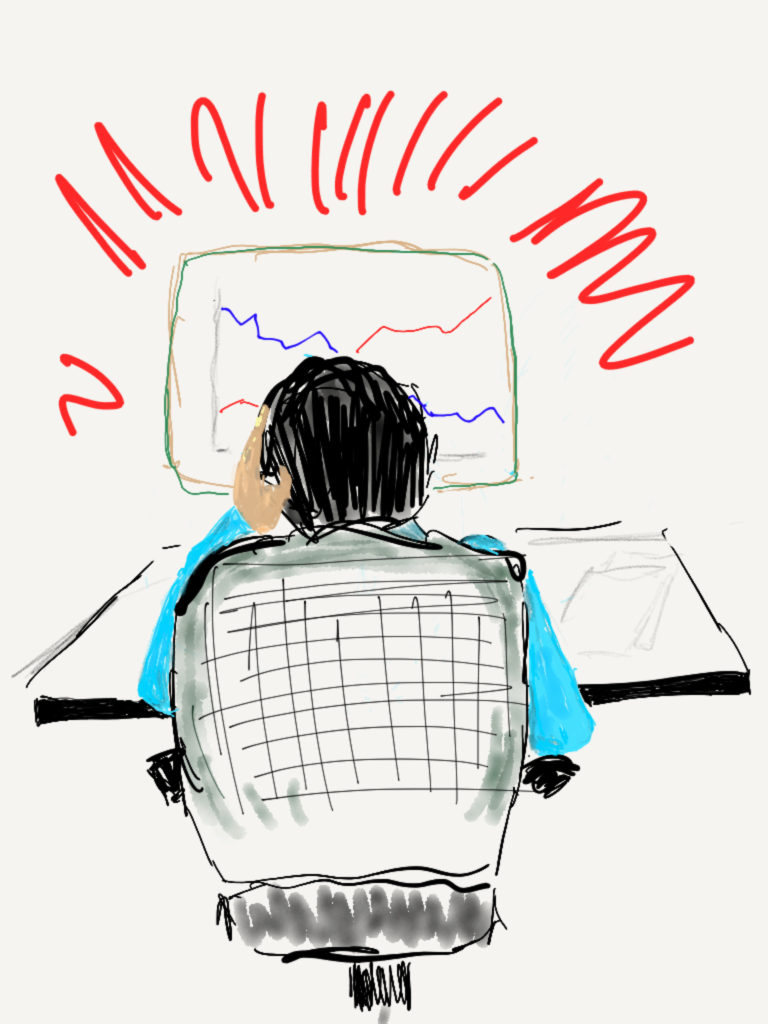
Leaders who face and embrace challenges grow in their capacity to handle complexity. Conversely, leaders who avoid challenges tend to become cynical power mongers.
I met with a couple of younger leaders the other day whose presence on the Zoom call was stunningly different than it was at the beginning of the COVID pandemic. I’d have characterized their presence as tentative at best two years ago. They had just bought a successful but stagnant insurance agency and stepped into the challenges of owning a business. In the transition, employees challenged their authority, questioned their decisions, and tempted themselves to second guess. The pandemic blew up their sales, threw them into a tailspin trying to figure out how to keep serving clients and engaging new clients.
Last week’s meeting was different. We scheduled the most recent session to go over their Q3 performance. When they logged on, I noticed a new sense of calm, not rooted in naivete but a growing experience. They defined the challenges in front of them and reflected on accomplished goals. They were ready to engage in a creative exercise of future perfect thinking rather than handwringing anxiety about an uncertain future.
Leaders who embrace the challenges of their context grow their capacity. But challenges don’t automatically develop leadership capacity. One of my graduate professors was fond of saying that development as a leader depended on several variables, one of which was the leader’s response. How a leader responds to pressure determines whether that pressure shapes additional skill and capacity or warps the leader’s assumptions and perception. One question that helps reframe a leader’s perspective from panic to learning is, what assumptions do I need to let go of to grow rather than rage?
When I hear a leader rage about their challenges (including blaming others and self-pity), I anticipate a failed learning opportunity. Anger covers the fear of failure and exposes the leader’s unspoken (and frequently unrealistic) expectations of others. Rage blinds a leader to the possibilities of challenge. Seething anger bends the leader toward a reliance on power and threats and essentially turns a leader into a complete ass.
So, I encourage leaders who sense a loss of control to ask the reframing question. How do you handle the challenges of your role? Do you rage or reframe?
